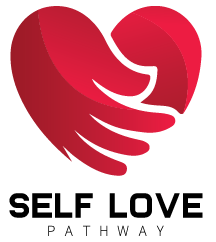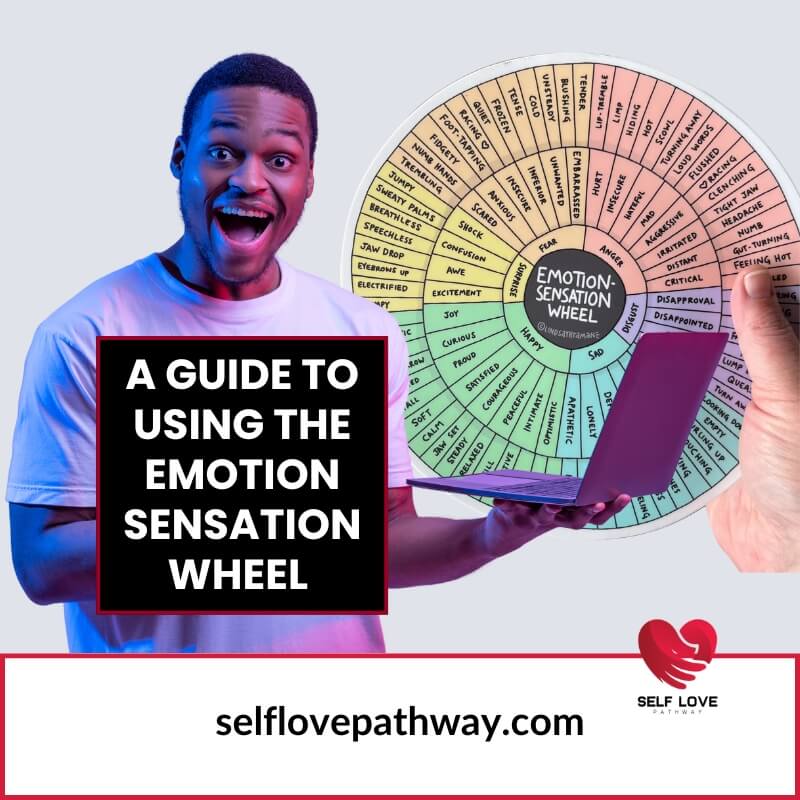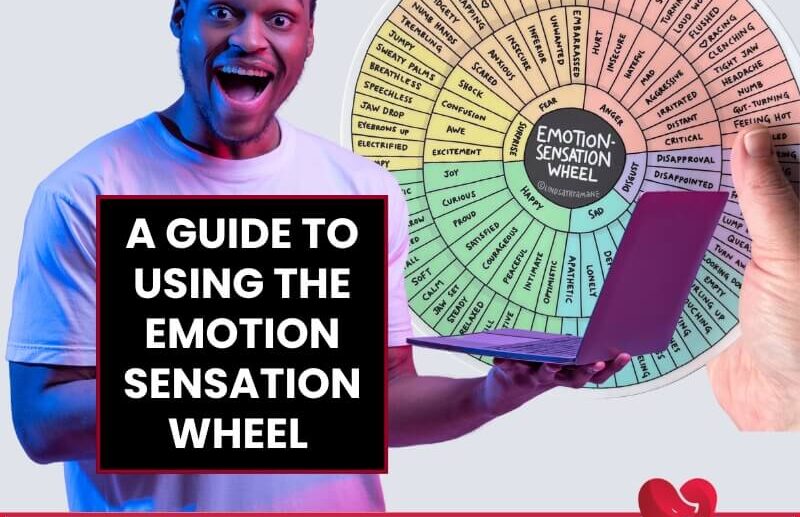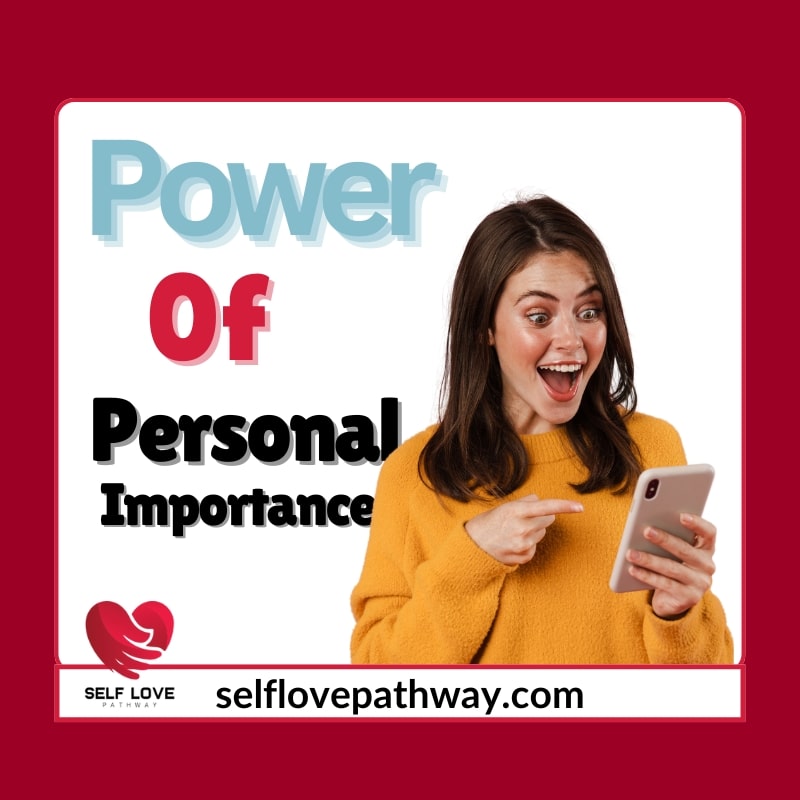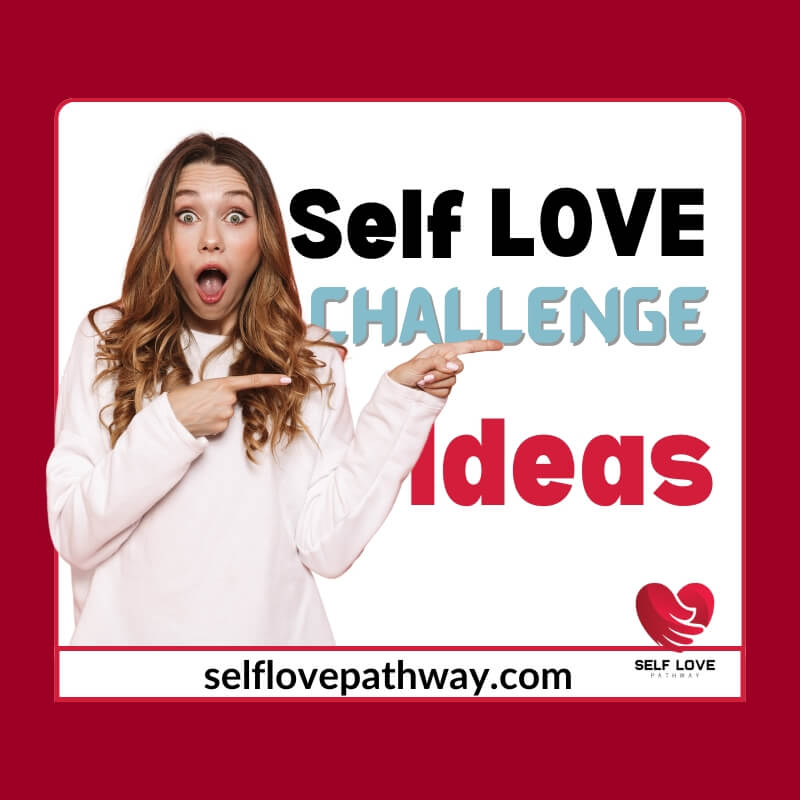15 Questions to Discover Your Life Purpose
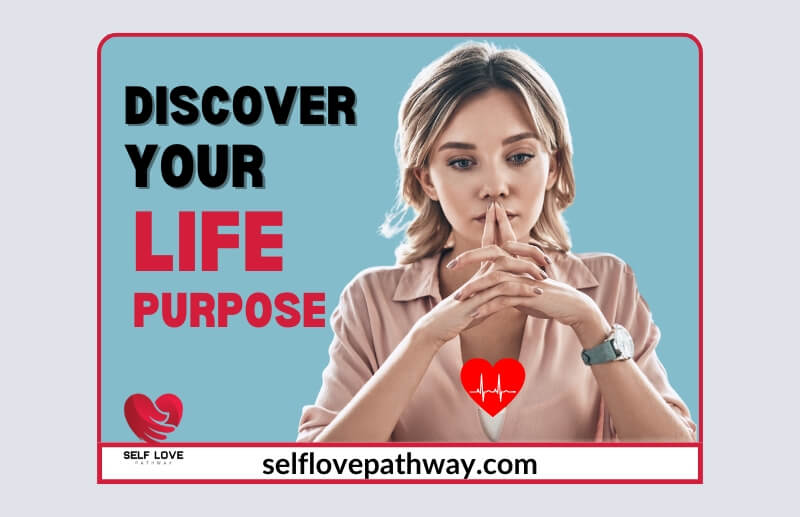
Finding your life’s purpose is an adventure that changes you and gives your life value and direction. By asking yourself the “15 questions to discover your life purpose,” you can learn more about yourself and get clear on what’s important to you. These questions aim to get you to think about your values, strengths, passions, and goals, which will help you live a more meaningful life. This exploration will give you the tools to match your actions with your true self and make a difference in the world by drawing on the work of experts and resources like BetterUp, Grace Being, Mark Manson, and Life Coaching for Women.
Self-Reflection and Personal Values
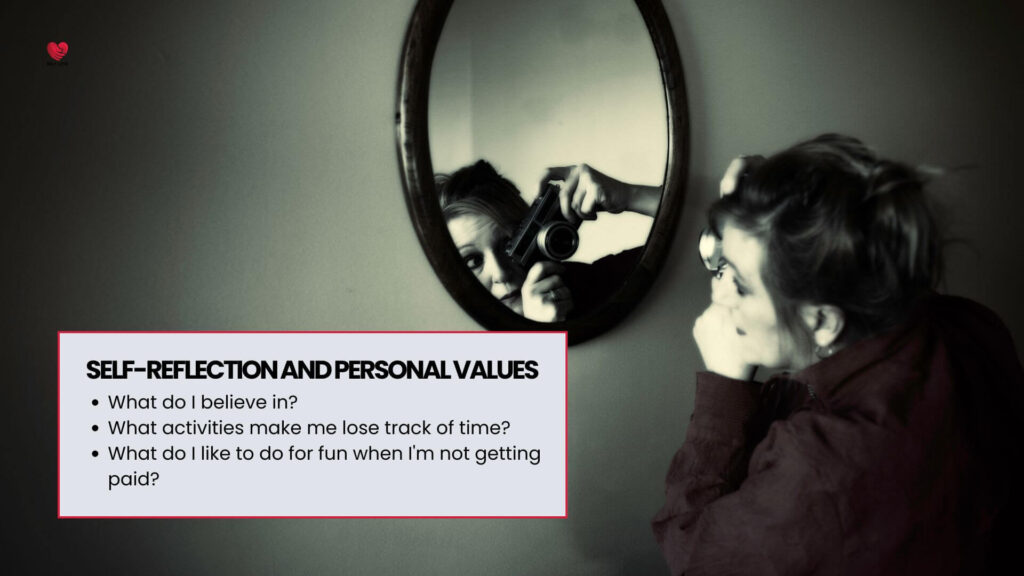
What do I believe in?
As a personal compass for what we think is important in life, core values are the ideas that shape how we act and what we choose to do. Understanding your core values is an important step in finding your life’s meaning because they show what makes you do what you do and what you want to achieve. One example of a core value is honesty and moral behavior. Another is compassion, which means understanding and being kind to others. And finally, growth, which means a commitment to personal and professional growth. Thinking about these values can help you make choices that are in line with who you really are.
What activities make me lose track of time?
When we do things that keep us from noticing the time, we enter a state of flow. This is a mental state in which we are fully involved and immersed in what we are doing, which often leads to peak performance and great satisfaction. Finding these activities is important for finding your life’s meaning because they often show areas where you are naturally talented and passionate. Creative activities like writing or painting, physical activities like dancing or sports, and intellectual activities like learning new skills or handling hard problems are all examples of things that can put you in the flow state. You can learn more about what makes you happy and energized by noticing these flow times.
What do I like to do for fun when I’m not getting paid?
If you want to do something because it makes you happy, rather than because you want something else, like money, you have intrinsic motivation. Looking into the things you like doing for fun when you’re not getting paid can help you figure out your true interests and passions, which are important parts of finding your life’s meaning. For example, you might enjoy gardening, helping out at a local charity, playing an instrument, or being a guide to others. Some examples of how intrinsic drive shapes our purpose are spending hours perfecting a recipe just because you love cooking or helping a friend through a hard time because you care about them. When you think about these things, they can help you get your life in line with what makes you happy and fulfilled.
By answering these “15 questions to discover your life purpose,” you will start to think more deeply about what gives your life value.
Talents and strengths
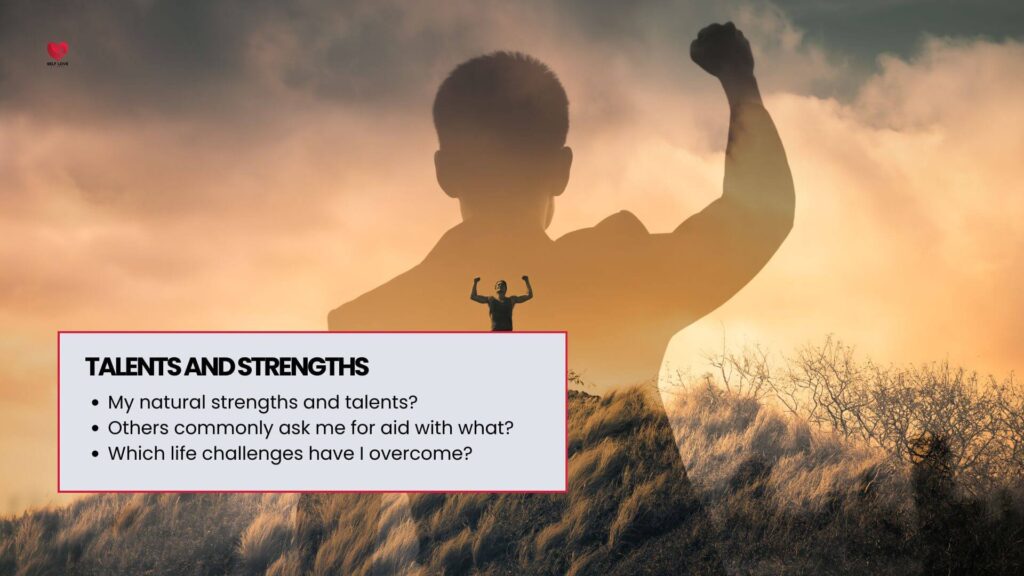
My natural strengths and talents?
Identifying your inherent talents and qualities is vital to finding your life purpose since they frequently match your calling. To discover your skills, ask friends, relatives, or coworkers about your distinctive abilities. Personality tests and strengths inventories like StrengthsFinder can also reveal your innate tendencies. Understanding your strengths helps you match your life and work choices to your true self, bringing more fulfillment and meaning.
Others commonly ask me for aid with what?
Requests from others reflect how people view your strengths. Your skills and knowledge are often highlighted when individuals repeatedly ask for help in specific areas. Friends seeking your assistance on creative ventures may indicate a natural knack for creativity and innovation. Real-life examples include arranging events, supporting coworkers through challenging times, and solving technological issues. These patterns might help you identify your skills and life purpose.
Which life challenges have I overcome?
Your life mission may be revealed by reflecting on your past challenges. Your challenges have undoubtedly developed your character and resilience, teaching you lessons that can guide you. Overcoming a major personal challenge like a health crisis or professional transition can spark a desire to help others. Resilience stories like overcoming failure or life changes can reflect your values and talents. Reviewing these experiences can connect your past challenges to your future goals.
Passion and Interests

What subjects do I like learning?
Since interests reflect passions and curiosity, finding your life purpose requires knowing what you like to learn. Explore your interests, whether psychology, technology, art, or personal development. These interests might reveal your motivations and steer your profession or life path. If you love sustainable living, you might become an environmental scientist or activist, aligning your employment with your life mission.
Which concerns or causes matter to me?
Unlocking your life purpose requires exploring issues or causes you care about. Caring about a cause—social justice, climate change, education reform, or community development—can inspire you to act. Identifying these areas lets you incorporate them into your life through volunteering, lobbying, or job choices. Aligning your purpose with significant causes motivates you and improves the world, giving you a deep sense of fulfillment.
By answering these “15 questions to discover your life purpose,” you can discover your true passions and interests, leading to a more meaningful and purposeful life.
Vision and Goals

If I could never fail, what would I do?
Imagining a limitless future lets you pursue your greatest dreams without fear of failure. This activity fosters bold thinking and helps you imagine your most exciting possibilities. Whether you’re launching a business, publishing a best-seller, or traveling the world to inspire others, this method of thinking can disclose your priorities. These aspirations might help you find your life purpose and motivate you to achieve your goals.
How can I leave a legacy?
Thinking about your legacy is a powerful way to consider your long-term impact. Consider your ideals and contributions to guide your behavior today. Family legacies include teaching your children values and traditions, community legacies like supporting local development, and global legacies like pushing for environmental sustainability. By knowing your legacy, you may make choices that support it and improve your life.
Happy and fulfilled

When do I feel most alive and fulfilled?
Discovering your life purpose requires finding your most alive and fulfilled moments to truly discover your life purpose. These peak moments frequently involve what provides you joy and satisfaction, such as a creative activity, family time, or a personal goal. Recognizing these times helps you find your purpose and discover what motivates you. These experiences can help you make choices that reflect your true self.
What would I regret not doing?
Reflecting on future regrets can reveal your genuine ambitions and goals. Consider the acts or experiences you might regret not pursuing. This activity helps you focus on what is important and make significant efforts toward your goals. Understanding these potential regrets can inspire you to take action today, whether you’re traveling, pursuing a passion project, or improving relationships. Addressing these issues aligns your life with your purpose, improving your journey.
Through the “15 questions to discover your life purpose,” you can discover what provides you joy and fulfillment, leading you to a more meaningful life.
Contributions and Service

How can I help people and the world?
Discovering your life purpose requires helping others and the globe. Consider how you can use your abilities, passions, and values to help your community or the world. There are several ways to help, including volunteering, mentoring, and advocating. You may support local organizations, participate in environmental projects, or share your knowledge. These donations improve others’ lives and give you purpose.
I want to be remembered for what?
Thinking about what you want to be remembered for helps you consider your legacy. This reflection aligns activities with beliefs and goals. If you want to be remembered for your family, community, or professional achievements, picturing them helps drive your daily actions. You ensure that your life’s job fulfills your purpose and impacts others by actively pursuing these aims.
By answering the “15 questions to discover your life purpose,” you can connect with your contributions and service and live a more meaningful and influential life.
Integrating Insights

How can I start living my mission today?
Making genuine growth requires making specific efforts to align your life with your mission. Start with acts you can take today that reflect your values and passions to help you discover your life purpose. This could involve working on a personal project, taking a course to learn new skills, or seeking mentorship from a network member. Small, consistent activities can build momentum and generate big improvements.
Practical Steps Toward Purpose
Consider creating a structured strategy with short-term and long-term goals to achieve your life purpose. Consider what adjustments are most urgent or important to you. For instance, you could volunteer for a local organization that interests you or adopt healthy habits. To visualize and track your goals, use a vision board or notebook.
Setting short- and long-term goals
Having short-term and long-term goals helps you stay focused and motivated. Goals may include finishing a project, attending workshops, or meeting like-minded people in your neighborhood. Long-term ambitions may include starting a business, changing careers, or promoting societal change. You may develop a roadmap for your path and ensure that each step brings you closer to your life purpose by setting these goals.
Conclusion
The process of finding out more about yourself and your life’s purpose is an important one that affects your general happiness and satisfaction. By answering the “15 questions to discover your life purpose,” you can learn important things that can help you make decisions and take actions that will make your life more meaningful. You should ask yourself these questions again and again because your thoughts and situations may change over time. Accept this ongoing process as a way to stay in touch with your goals and true self. In the end, having a purpose-driven life not only makes your own experiences better but also lets you change the world for the better.
